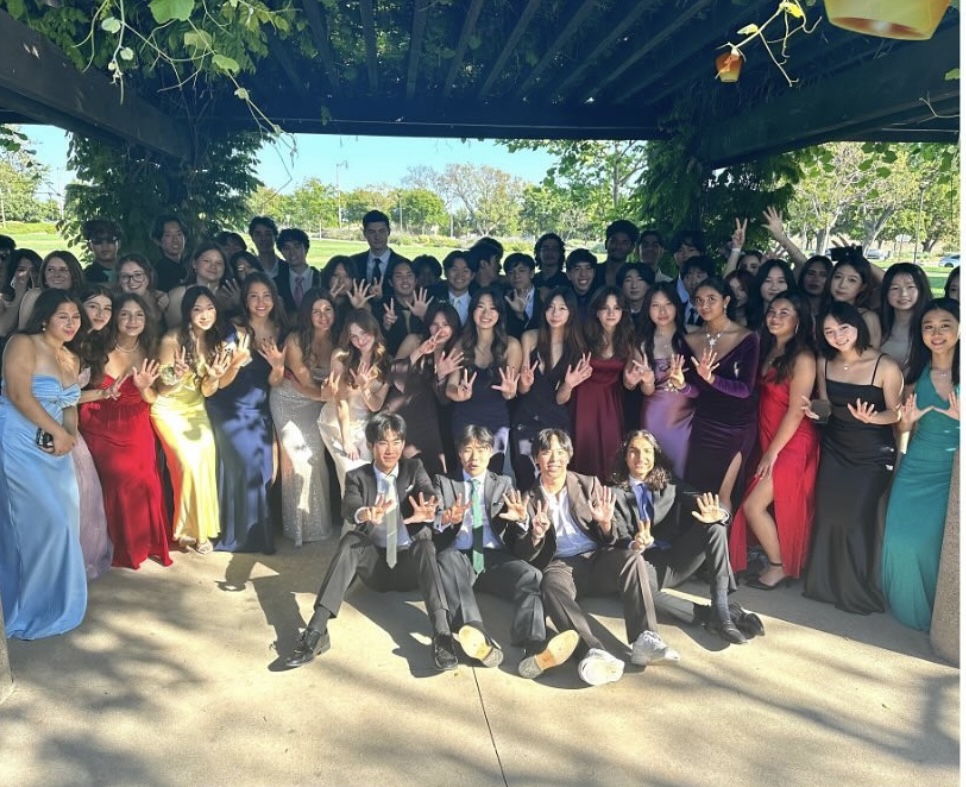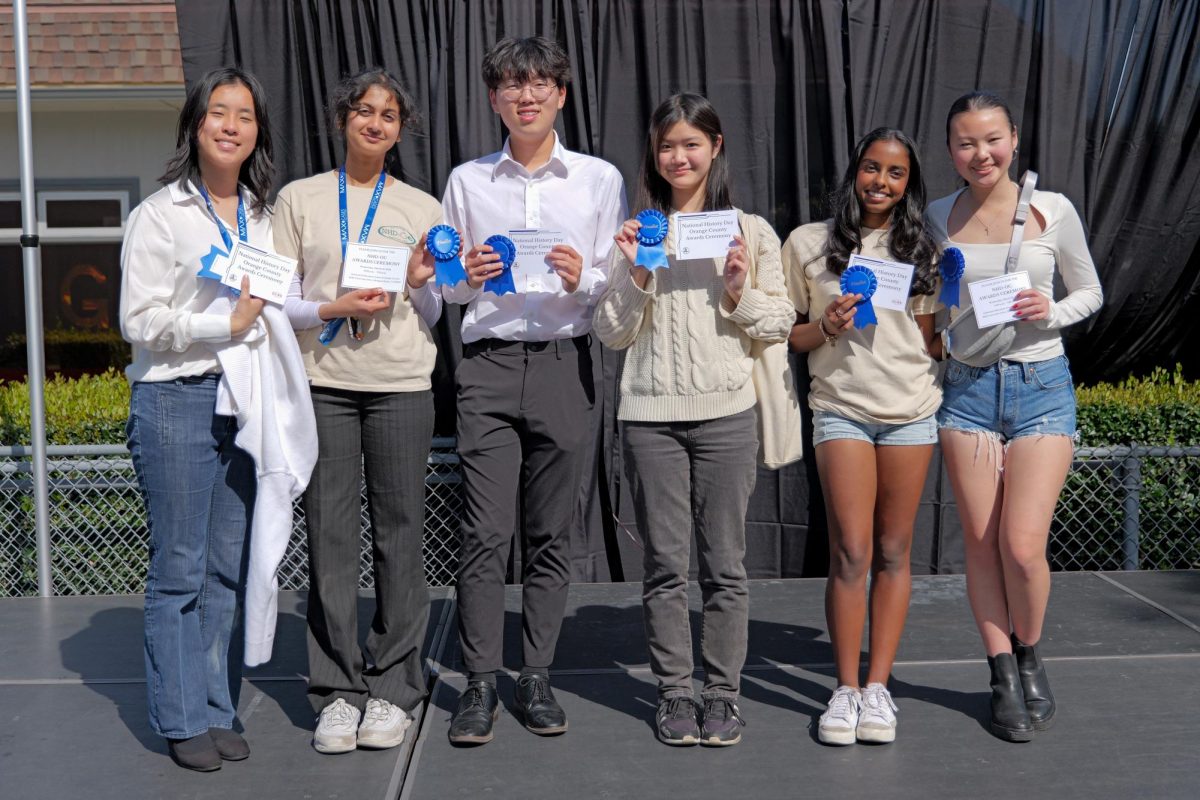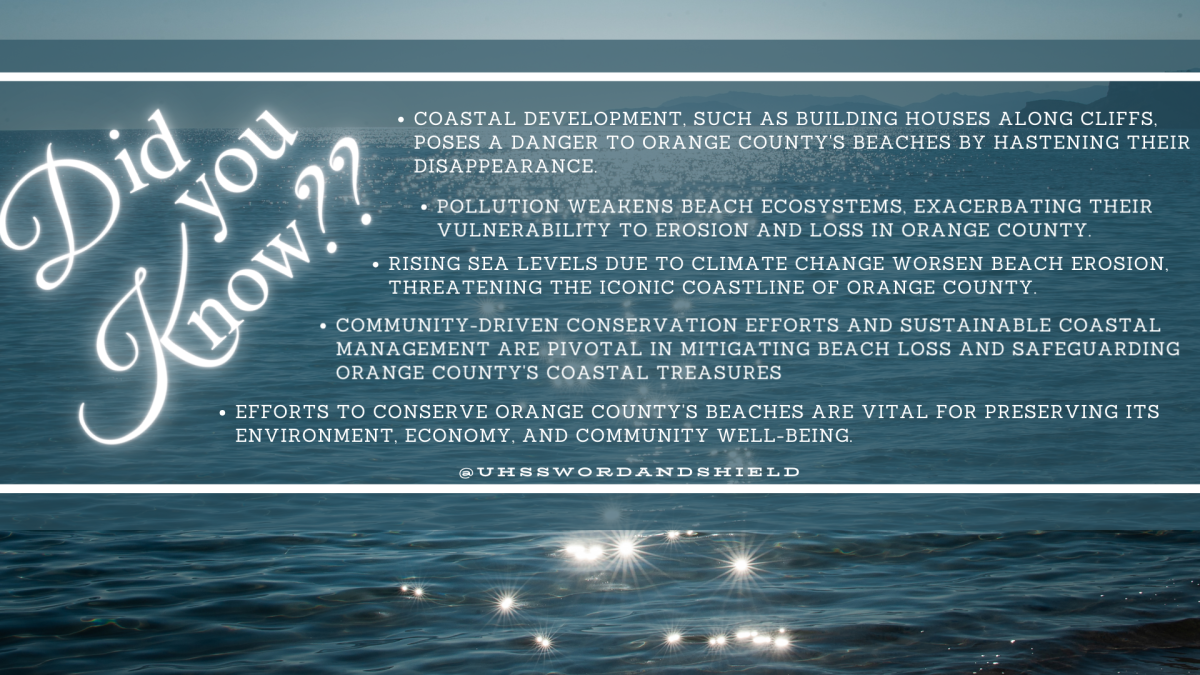By ALEXANDER XU
Staff Writer
CubeSat, an Irvine high school Science, Technology, Engineering and Math (STEM) program, has just begun the year long process to build a second satellite, IRVINE02, this past Thursday, Sept. 7th. The event, held at UCI, was part of the kickoff for this year’s new satellite, which will be an improvement upon last year’s design.
CubeSat is a student led STEM program between six high schools- Irvine, Northwood, Portola, Woodbridge, Beckman, and UHS, whose goal is to build and launch a 1 unit cube into space.
“My favorite part about CubeSat is that the project is completely hands-on,” Rojan Javaheri (Jr.) said, “There is no procedure as to what every step should be.”
Each school has a team that helps contribute to creating the satellites. In total, over a hundred students from the six Irvine schools work together to build the satellites. UHS’s team is called Team Prime; their part in the project is to work on the framework, camera, and file federal paperwork.
All six teams collaborate heavily on the project. They communicate with each other via email and social media to coordinate activities.
“A lot of the tasks for the teams overlap and since we all go to different schools, we have to work through problems as a team,” Javaheri said.
Each satellite will carry its own unique payload. Currently on its way to India, the Irvine CubeSat team’s IRVINE01 satellite contains a camera so that the team can take photos of Venus and the navigational stars. The satellite is scheduled to be launched this December.
“We hope to have a successful launch of IRVINE01, and then be able to locate our satellite in orbit,” said Lily Litvak (Jr.) “We want to be able to receive signals from the satellite in space.”
Two more satellites are currently planned, IRVINE02 has been started while IRVINE03 has yet be finalized.
IRVINE02 will share a framework with IRVINE01, but will add electronic thrusters to allow it to maneuver in space in addition to a GPS system.
NASA has currently accepted IRVINE02 cubesat, and are now confirmed to launch in August of 2018. In addition, CubeSat’s sponsors include Google, Tyvak, and IPSF.
Students say that the program helps develop teamwork and communication skills.
“Also, it forces us to be creative and innovative thinkers when we are faced with a problem, because there is no guidebook for high schoolers on how to build a satellite; we have to be the ones to come up with the solution,” Javaheri said.
Cubesat
December 5, 2017
Story continues below advertisement
Donate to Sword & Shield
$180
$1000
Contributed
Our Goal
Your donation will support the student journalists of University High School. Your contribution will allow us to purchase equipment and cover our annual website hosting costs.








